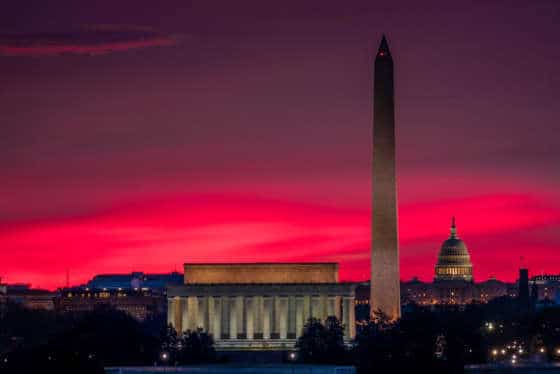WASHINGTON — Drivers are being warned that springing clocks forward this weekend into daylight saving time can have tragic consequences on the road: Missing just one to two hours of sleep increases the chance of a crash, according to the National Sleep Foundation.
“Weary travelers are less aware of their surroundings and slower to react to changing situations,” said Charlie Gischlar of the Maryland State Highway Administration. “Somebody stops short in front of you, somebody cuts you off — your reaction time is going to be severely limited if you’re drowsy.”
Last Tuesday, a Loudoun County man was sentenced to a year in jail for falling asleep behind the wheel and causing a fatal wreck. The judge imposing the sentence said the case should serve as a “cautionary tale” to people who choose to get behind the wheel when fatigued.
Warning signs that Gischlar said indicate you need to get off the road include:
- Frequent yawning or blinking
- Driving past your exit or turn
- Not remembering the past few miles driven
- Drifting into other lanes
- Hitting rumble strips
Gishlar recommends pulling over and taking a quick nap or getting out of the car and walking around if you’re overly tired.
Most crashes that involve drowsy driving happen very early in the morning, after lunch when one has eaten something heavy, or late at night.
“Squeeze as much sleep in as you can over the weekend when you begin [adjusting for] the time change,” Gischlar advised.
National Sleep Foundation tips for getting a good night’s sleep include:
- Make your room dark.
- Create a quiet bedroom environment.
- Avoid alcohol in the hours before bedtime.
- Cut off stimulants like caffeine after midafternoon.
- Keep your room cool: A room with a temperature of about 65 degrees promotes the best sleep.
Learn more about getting a good night’s sleep here.







